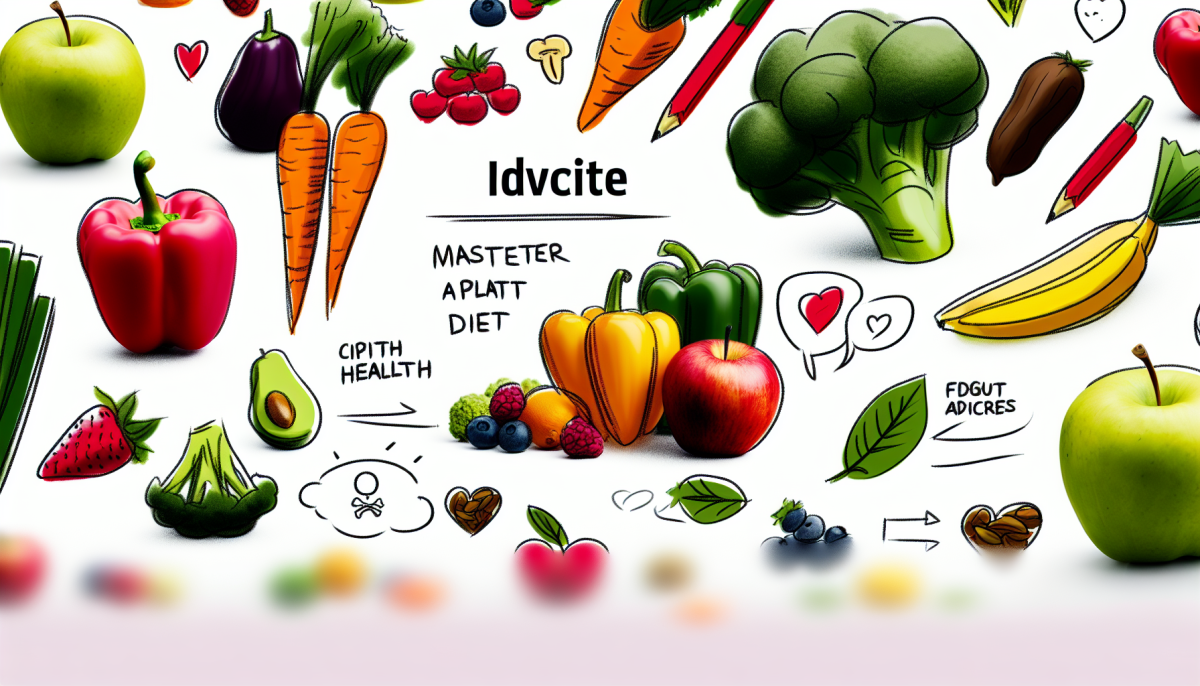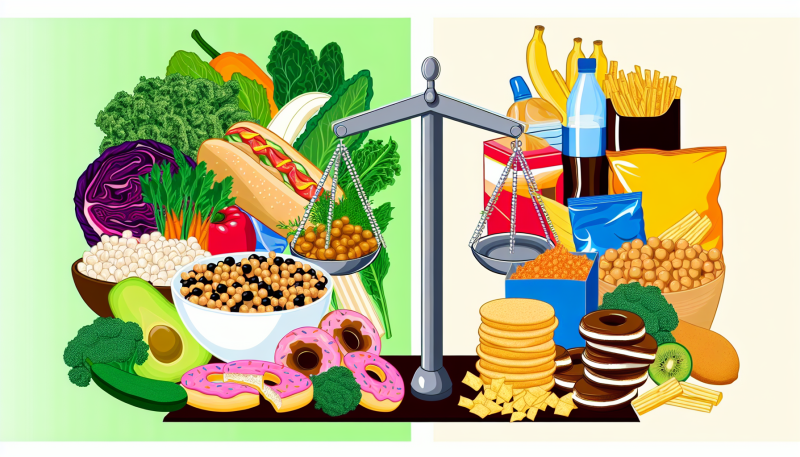The plant based diet focuses on consuming foods derived primarily from plants. This includes not only fruits and vegetables, but also nuts, seeds, oils, whole grains, legumes, and beans. By emphasizing these foods, people can enjoy a wide variety of flavors and textures while reaping numerous health benefits. Whether you are looking to improve your health, reduce your carbon footprint, or simply diversify your meals, adopting a plant based diet can be a rewarding choice.
One of the greatest advantages of a plant based diet is its potential to enhance overall health. Research has shown that people who follow this diet tend to have lower rates of heart disease, high blood pressure, and type 2 diabetes. This is largely due to the high levels of fiber, vitamins, and minerals found in plant-based foods. By incorporating more plants into your meals, you can provide your body with essential nutrients while keeping calories in check.
Transitioning to a plant based diet does not have to be an overwhelming task. Start by gradually introducing more plant foods into your meals and gradually replacing animal products. You might begin with one meatless day a week or swap dairy for plant-based alternatives like almond or oat milk. Experimenting with new recipes and ingredients can make the process enjoyable and help you discover delicious new favorites.
It's important to ensure that, even while following a plant based diet, you are still getting all the essential nutrients your body needs. Make a point to include a variety of foods to cover your nutritional bases. For example, legumes and whole grains can provide protein, while leafy greens offer important vitamins and minerals. By planning a balanced diet, you can enjoy the benefits of plant-based eating without sacrificing your nutritional needs.
Key Benefits of Going Plant Based
The plant based diet offers numerous benefits that can enhance your overall health and well-being. One of the most significant advantages is improved nutrition. By focusing on fruits, vegetables, whole grains, legumes, nuts, and seeds, you naturally increase your intake of essential vitamins, minerals, and antioxidants. This dietary shift can lead to better immune function, increased energy levels, and an overall feeling of vitality.
Another key benefit of adopting a plant based diet is its positive impact on heart health. Research has shown that a diet rich in plant-based foods can lower blood pressure, reduce cholesterol levels, and decrease the risk of heart disease. By replacing animal products with heart-friendly alternatives, you can support your cardiovascular system and promote longevity.
Going plant based can also contribute to weight management. Many plant foods are lower in calories and high in fiber, which helps you feel full without consuming excess calories. This can make it easier to maintain a healthy weight or even lose weight if that is your goal. With more energizing and nutrient-dense options available, it’s easier to ditch processed foods that often lead to weight gain.
Additionally, a plant based diet can be beneficial for the environment. By choosing plant-derived foods, you are reducing your carbon footprint and lowering the demand for resource-intensive animal agriculture. This choice not only supports your health but also helps in preserving the planet for future generations.
Simple Swaps for Plant Based Success
Making the transition to a plant based diet can feel overwhelming, but with a few simple swaps, you'll find it easier than ever to enjoy delicious meals without sacrificing flavor or nutrition. One of the best ways to start is by substituting traditional animal-based ingredients with wholesome plant-based options. These small changes can have a big impact on your culinary experience!
For instance, instead of using dairy milk in your morning coffee or cereal, consider trying almond milk, soy milk, or oat milk. These alternatives not only taste great but are also often lower in calories and packed with nutrients. Similarly, when cooking, you can use nutritional yeast instead of cheese to add a savory flavor to your dishes while keeping them dairy-free.
Another easy swap is replacing ground beef with lentils or black beans in your favorite meat-based recipes. Not only do they provide a hearty texture, but they are also rich in protein and fiber, making them ideal for a satisfying meal on your plant based diet. For a creamy pasta sauce, consider blending cashews or avocado instead of using heavy cream. You’ll be amazed at how creamy and luscious your dishes can be without any animal products!
By making these simple swaps, you’re not just embracing a plant based diet; you're also discovering a world of new flavors and health benefits. It doesn’t have to be a drastic overhaul—just choose one or two swaps at a time, and soon you’ll feel confident and excited about your plant-based culinary journey.
Tips for Enjoying Plant Based Meals
Transitioning to a plant based diet can be an exciting journey filled with delicious discoveries. One of the best tips to enjoy your meals is to experiment with a variety of fruits, vegetables, grains, and legumes. Each food group offers unique flavors and textures, allowing you to create colorful and satisfying dishes. Don’t hesitate to try new recipes or ingredients that you may not have encountered before.
Incorporating herbs and spices is another fantastic way to enhance the flavors of your plant based meals. Fresh herbs like basil, cilantro, and parsley, or spices such as cumin, turmeric, and paprika, can elevate your dishes to a whole new level. By experimenting with different combinations, you can keep your meals interesting and tasty while avoiding any feelings of monotony in your plant based diet.
Meal prep can be a game-changer when adopting a plant based diet. Spend some time each week to chop vegetables, cook grains, or prepare bulk meals. This not only saves time during busy weekdays but also ensures that you always have healthy options on hand. When you already have delicious components ready to go, making plant based meals becomes quick and convenient.
Lastly, don't forget about the joy of eating with others. Sharing plant based meals with friends or family can enhance your enjoyment and inspire you to create new dishes together. Host a potluck and invite your loved ones to bring their favorite plant based dishes. This communal experience can provide fresh ideas and showcase the vibrant flavors associated with a plant based diet.



